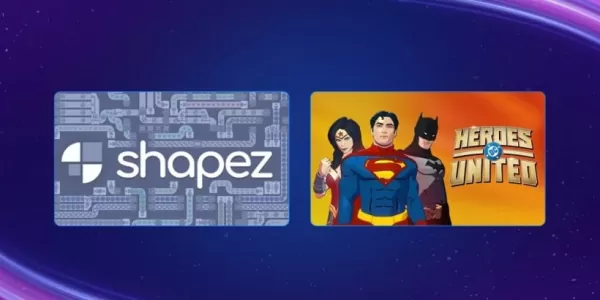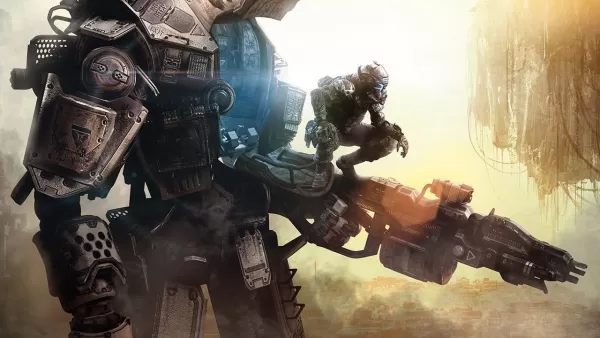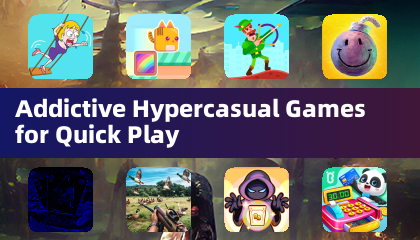The game director of MultiVersus, Tony Huynh, has publicly addressed the "threats to harm" developers that surfaced following the announcement of the game's impending shutdown. Last week, Player First Games revealed that Season 5 would mark the end of the Warner Bros. brawler, with the servers scheduled to go offline in May, just a year after its relaunch. Players will still be able to access all earned and purchased content offline through local gameplay and training modes.
Although real-money transactions for MultiVersus are no longer available, players can continue using Gleamium and character tokens to access in-game content until the support ends on May 30. At that point, MultiVersus will also be removed from the PlayStation Store, Microsoft Store, Steam, and Epic Games Store.
The announcement, coupled with the absence of a refund policy, led to backlash from players who had purchased the $100 premium Founder's Pack, with some feeling "scammed." Many players expressed frustration over character tokens becoming useless after unlocking all playable characters. As a result, MultiVersus has faced review bombing on Steam.
In response, Tony Huynh, co-founder of Player First Games and game director of MultiVersus, took to Twitter to address player concerns and condemn the threats of violence directed at the team. In his statement, Huynh expressed gratitude towards Warner Bros. Games, the developers at Player First Games and WB Games, and the IP holders for their trust and collaboration. He also thanked the players for their support and apologized for not addressing the situation sooner, emphasizing the team's focus on the game and the well-being of its members.
Huynh highlighted the joy the team derived from fan art, character ideas, and personal stories, and expressed regret for not being able to include every fan-favorite character. He explained the complexities behind character selection, including development time, community feedback, IP holder approvals, and cross-marketing opportunities. He also shared the story of BananaGuard, a character created out of the team's enthusiasm and quick development over a weekend.
Acknowledging the limitations of time and resources, Huynh stressed the collaborative nature of Player First Games and their commitment to delivering value to players. He called out the threats to harm as crossing a line, urging the community to recognize the emotional toll the shutdown has taken on the team. He expressed hope that players would enjoy Season 5 and continue supporting other platform fighter and fighting games, reflecting on the positive impact these games have had on his life and the memories created through MultiVersus.
Player First Games community manager and game developer Angelo Rodriguez Jr. defended Huynh on X/Twitter, emphasizing that receiving threats of physical harm is unacceptable. He praised Huynh's dedication to the game and the community, highlighting his efforts to engage with players and improve the game despite the challenging circumstances.
The shutdown of MultiVersus adds to a series of setbacks for Warner Bros. Games, following the disappointing launch of Suicide Squad: Kill the Justice League last year. The departure of Warner Bros. Games boss David Haddad was announced amid a challenging period for the company. Warner Bros. Discovery reported that Suicide Squad: Kill the Justice League's failure resulted in a $200 million loss, with MultiVersus contributing an additional $100 million. The only new game release from Warner Bros. Games in the third quarter of 2024, Harry Potter: Quidditch Champions, also failed to make a significant impact.
In a financial call, Warner Bros. Discovery President and CEO David Zaslav acknowledged the underperformance of the games business and announced a focus on four key franchises: Hogwarts Legacy, Mortal Kombat, Game of Thrones, and DC, particularly Batman. Warner Bros. recently released the VR game Batman: Arkham Shadow exclusively on the Meta Quest 3 and is developing a Wonder Woman game at Monolith Productions. Zaslav emphasized the company's strategy to concentrate development efforts on these core franchises with proven studios to enhance their success rate.















